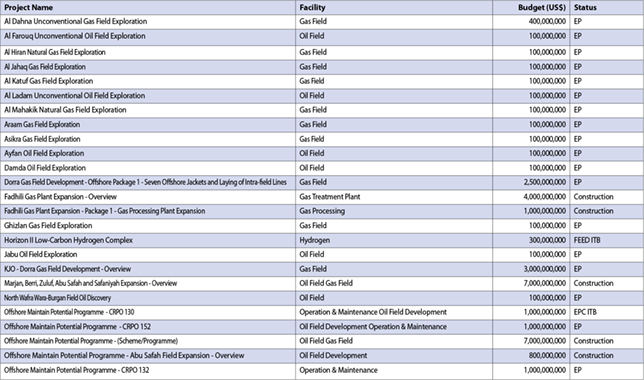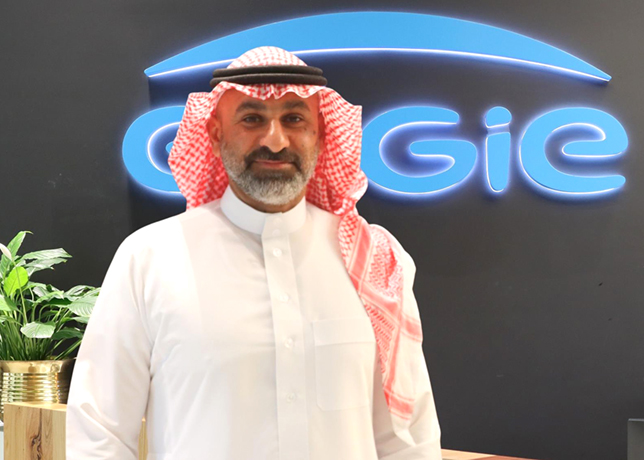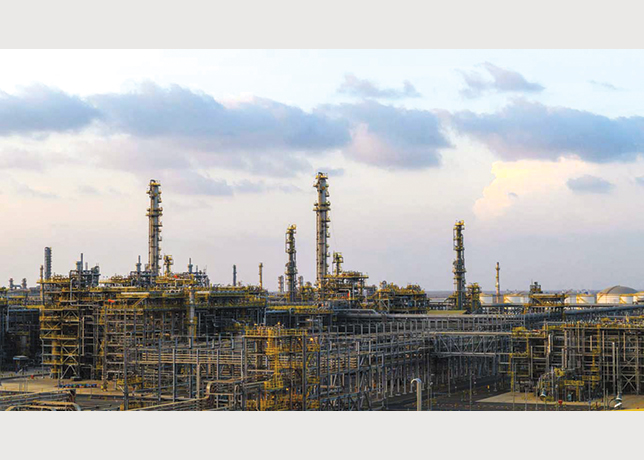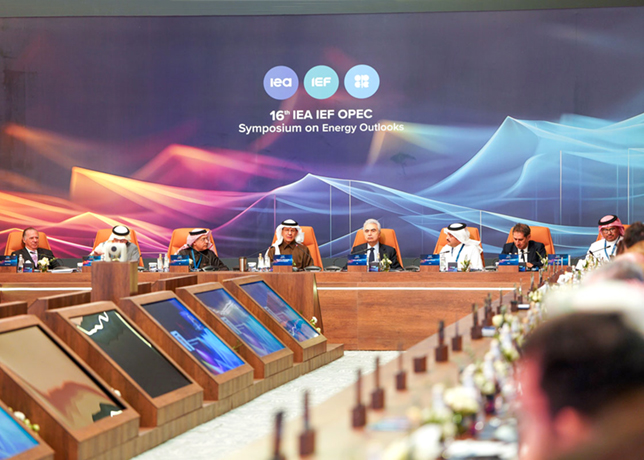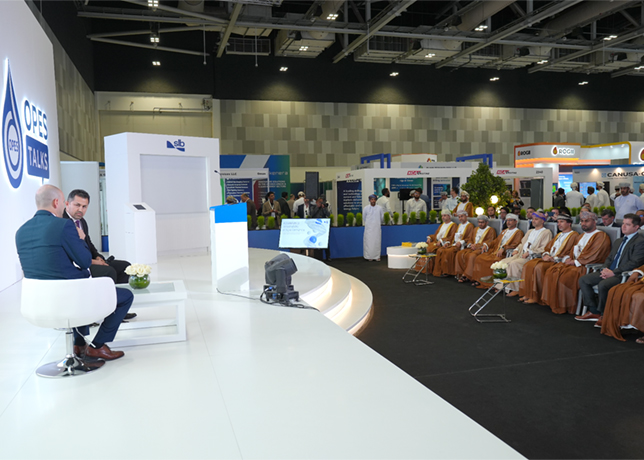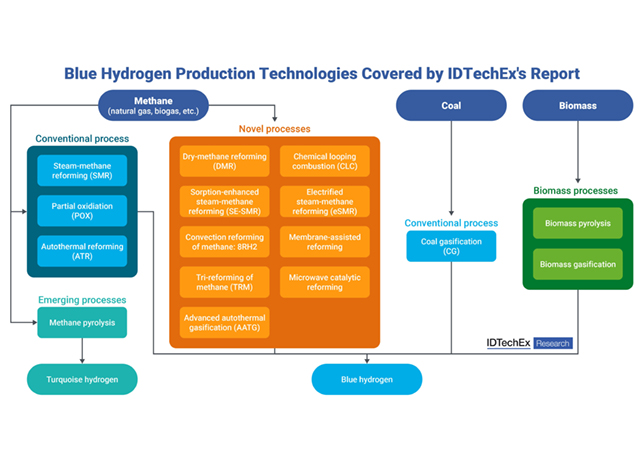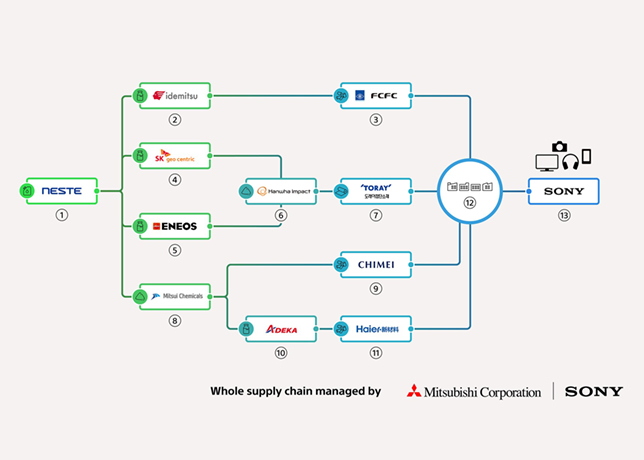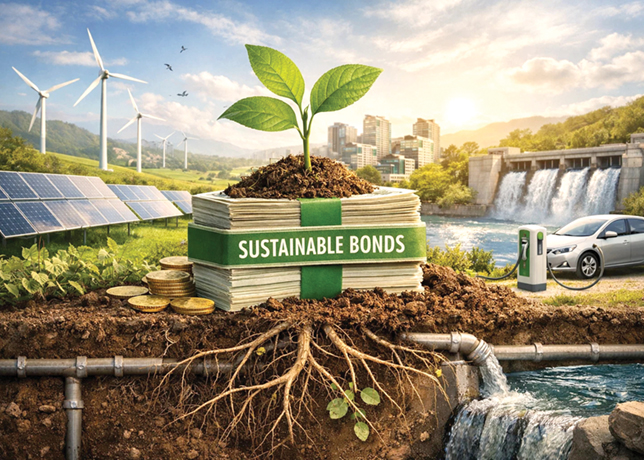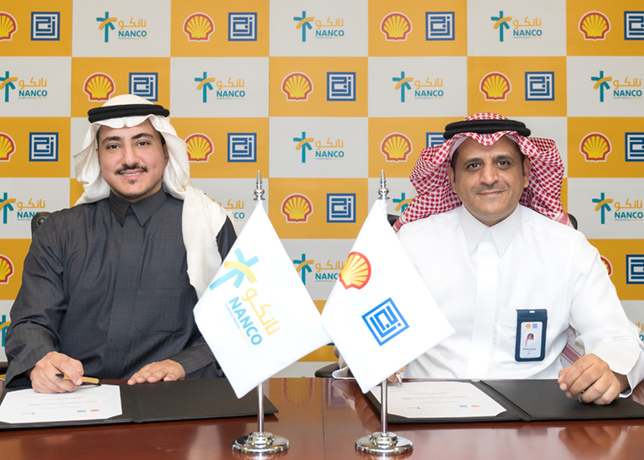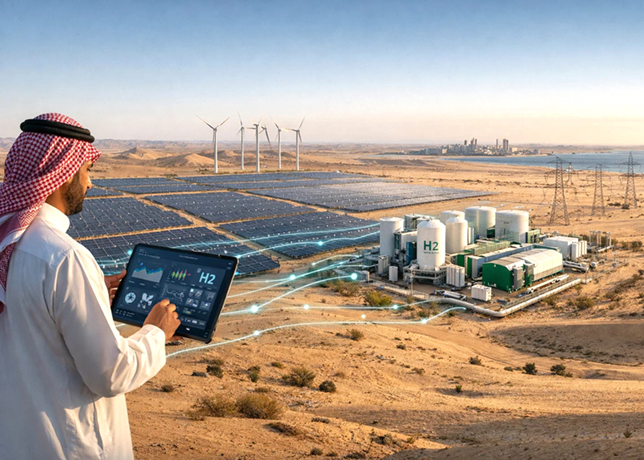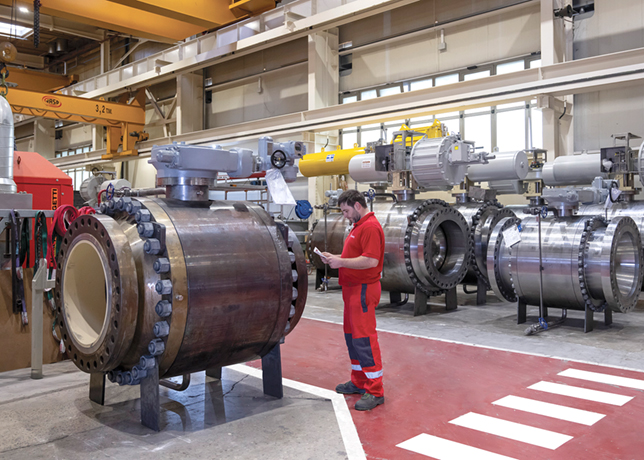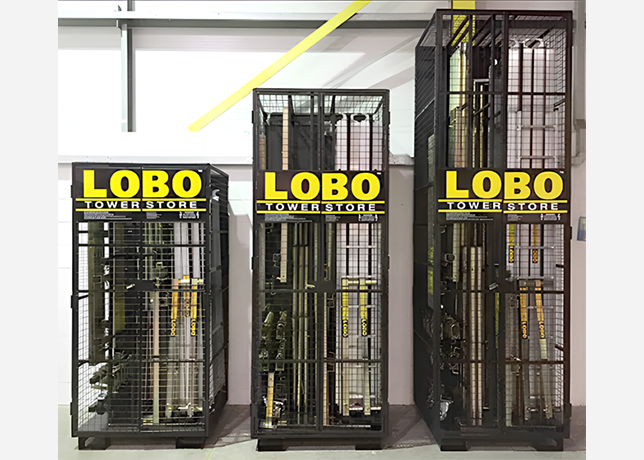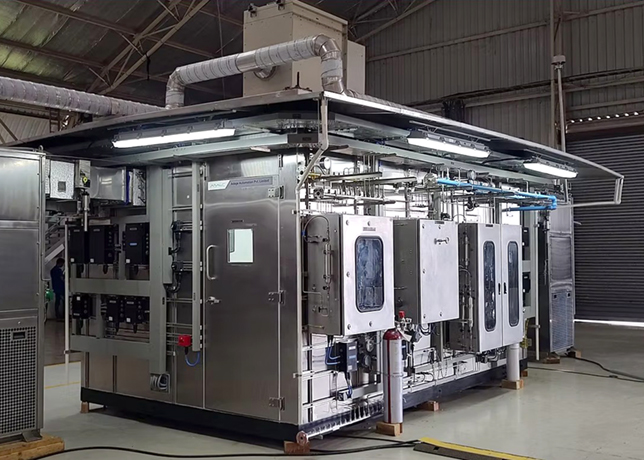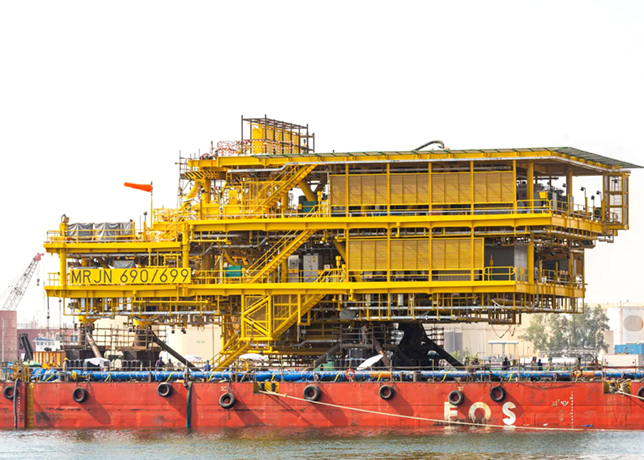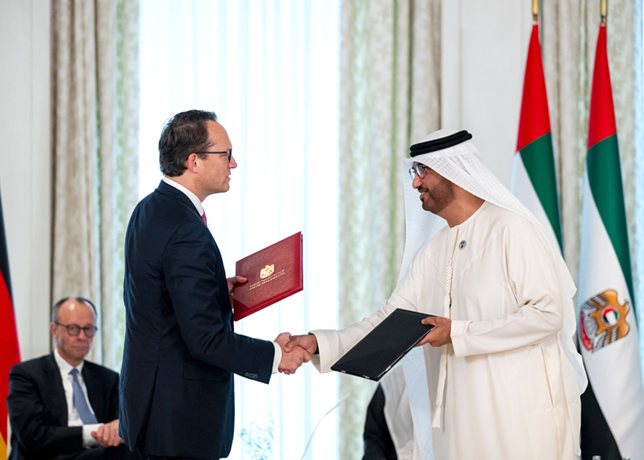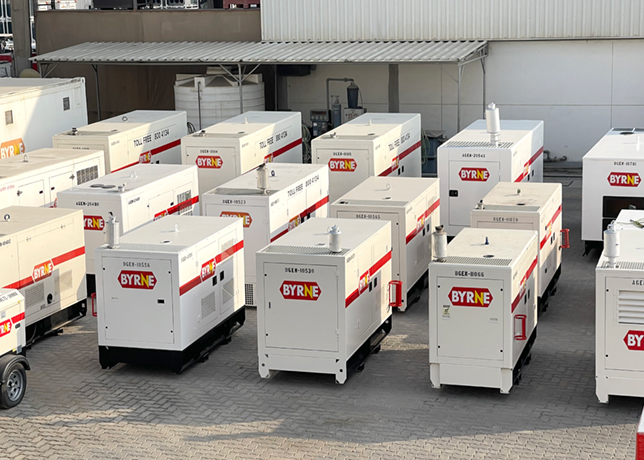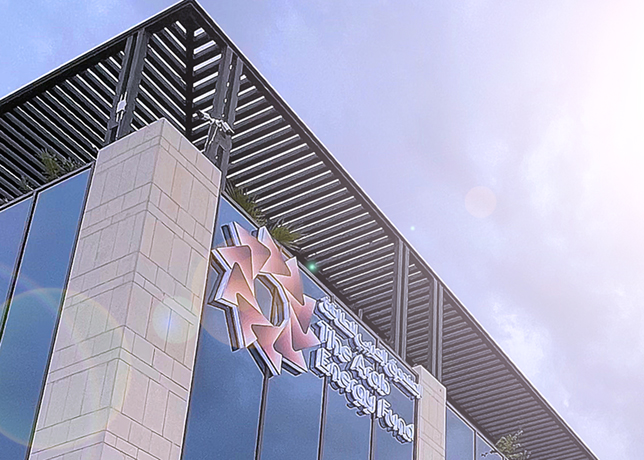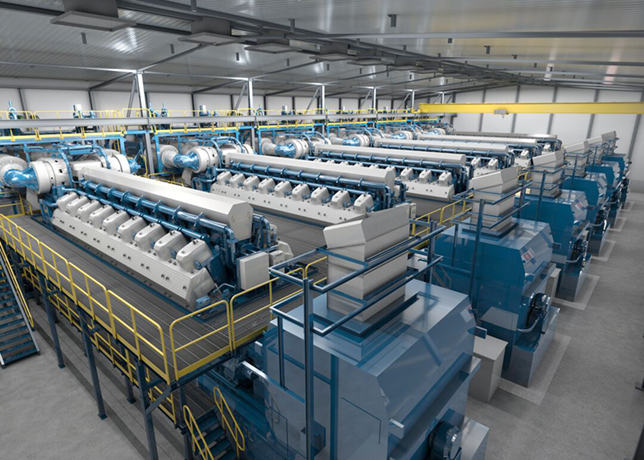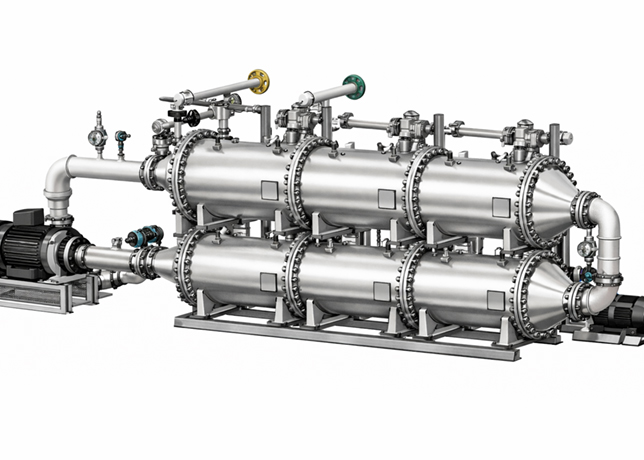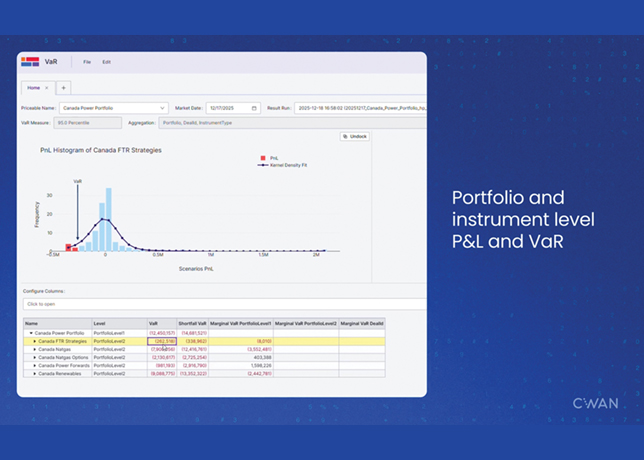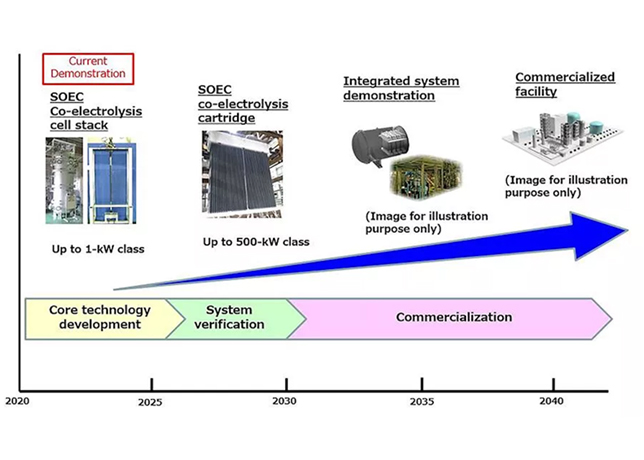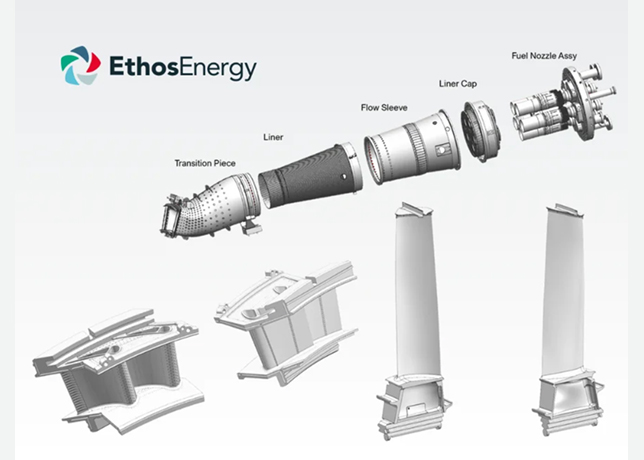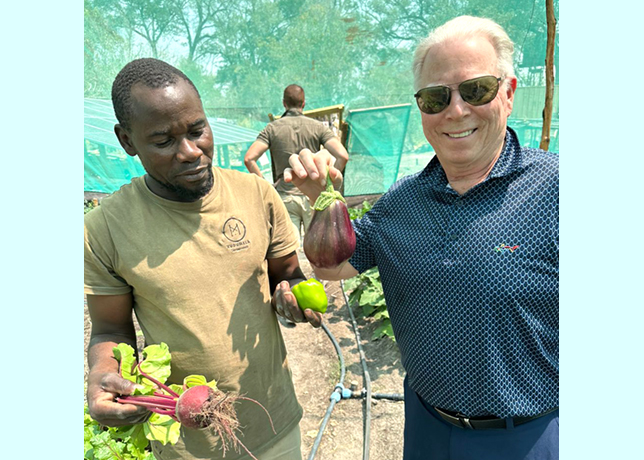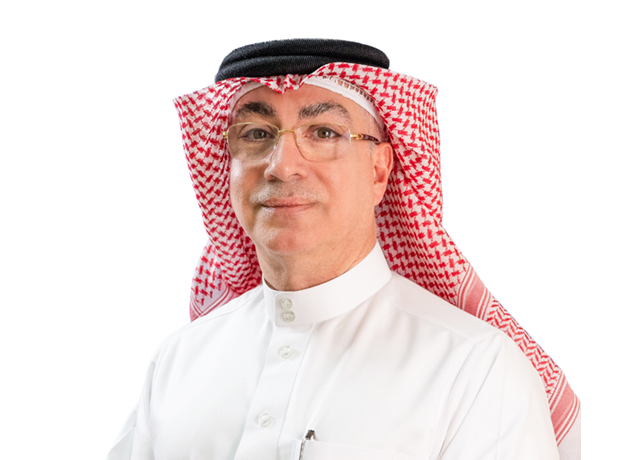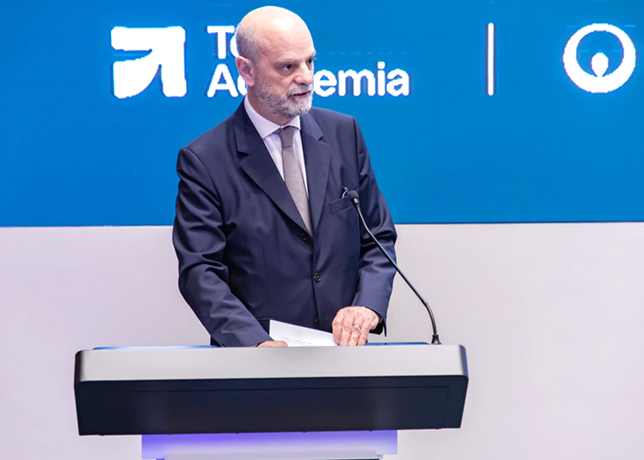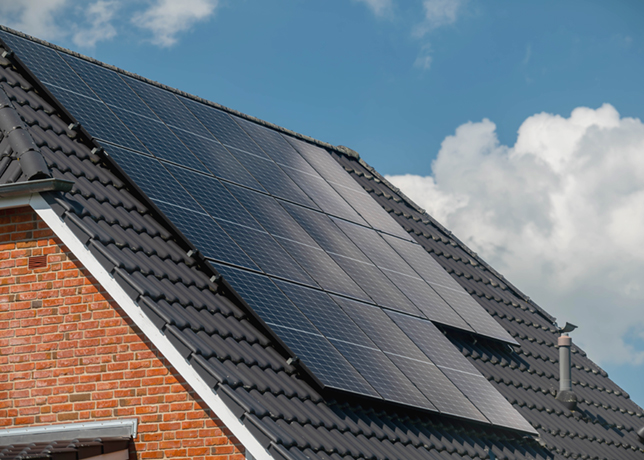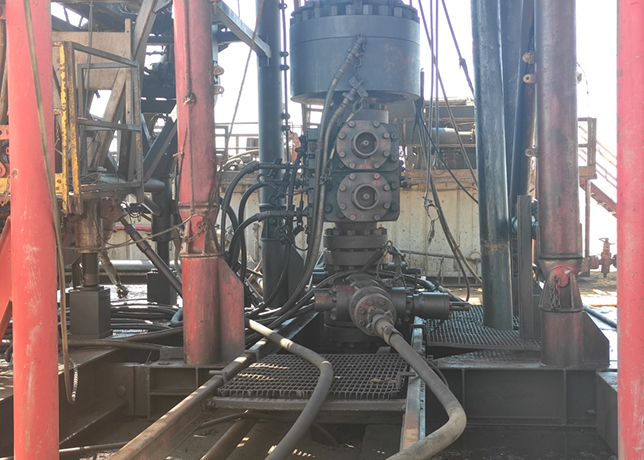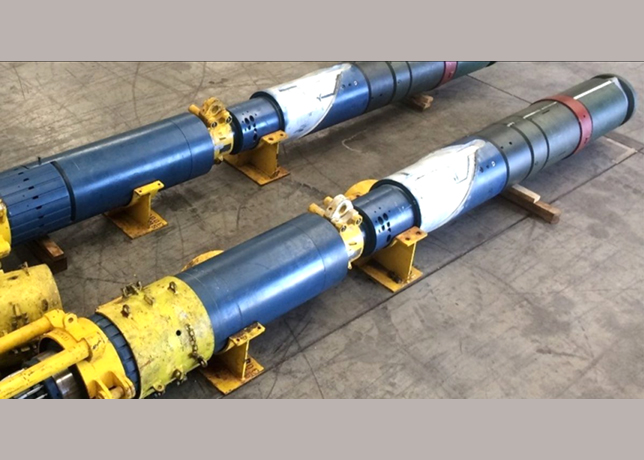
 Ghana aims to boost oil production and enhance natural gas value chain
Ghana aims to boost oil production and enhance natural gas value chain
Ghana has emerged as a globally competitive oil and gas market due to policy reforms and regulatory changes. The country has set ambitious energy targets and aims to boost oil production while stimulating development across the natural gas value chain. A Ghanaian delegation at this year's African Energy Week (AEW): Invest in African Energies outlined how aggressive reforms will position the country as a regional hub.
Ghana has seen robust growth across its oil and gas value chain, with ongoing projects consolidating its position as a major producer. The Tema LNG plant, operated by private equity company Helios Investment Partners, is set to begin production by the end of the year, with a capacity of 1.7 million tons of gas per year. Ghana does not simply copy and paste policies but is often a reference point for best practices, including the zero-flaring policy and local content initiatives.
The Atuabo II Gas Processing Plant, developed by Ghana Gas alongside joint venture partners, is on track for production in 2025. The project, with a capacity of 150 million standard cubic feet per day (mscf/d), comprises the development of a second processing plant at the Atuabo project. Capacity could be doubled to 300 mscf/d, producing LNG, propane, butane, and pentane condensates.
Despite efforts to maximise resources, the country still offers a wealth of opportunity for exploration companies, underscoring its future role as a regional hub.
Representatives from the country's major energy players outlined these opportunities, inviting investors to join the growing market.
Egbert Faibille, CEO of Ghana's Petroleum Commission, emphasised that the country is both a stable and highly attractive investment market, with political risk virtually non-existent. Riverson Oppong, CEO of the Association of Oil Marketing Companies, echoed these remarks, highlighting Ghana's commitment to best practices and a pro-investment approach to energy development.



